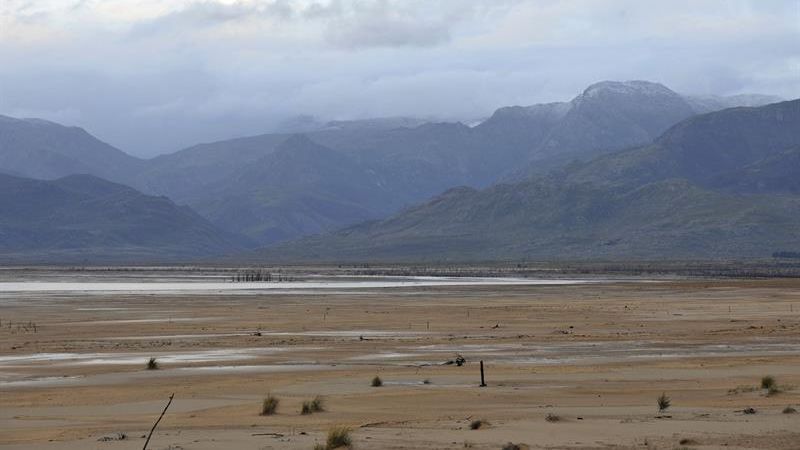With stablecoins gaining traction and regulation improving, African merchants may be nearing a crypto tipping point. Here’s why 2026 could mark a shift from hesitation to adoption.
Cape Town water report: December eats into water reserves

It’s difficult to extract any positives from the City of Cape Town’s dam level report this week (dates surveyed between 27 November to 3 December).
From 36.1% last week, levels across the city’s six major dams and eight smaller reservoirs decreased by a full percentage point to 35.1%. In terms of water capacity, that’s a loss of around nine-billion litres — or two weeks’ worth of water at our current usage rate.
Notably, all dams bar one lost water this week.
The biggest loser was the Berg River Dam, plummeting by 1.2% to 64.8%. The Theewaterskloof and Voëlvlei dams followed suit, both losing around 0.7% of their capacity. They now sit above the 22% full mark and 26% mark respectively.
The Steenbras duo both lost water this week too, although the Upper Dam remains above the 100% mark, while its Lower sibling sits in the 54% full range.
The outlier though was the Wemmershoek Dam, which gained 0.4% over the course of the week. It’s now more full than it was at this point in 2016, at 51.5%. This is especially notable, considering that the City of Cape Town did not record a single millimetre of rain over the Wemmershoek catchment area in the previous week.
Bountiful rain fell over Table Mountain and neighbouring suburbs on 2 December, with more than half of December’s long-term average falling at the mesa’s Woodhead Reservoir last week.
Newlands and Wynberg, as well as the Steenbras system, all saw rainfall, but this has been gravely offset by high water consumption.
Cape Town residents have managed to peg usage by 20-million litres per day compared to the previous report, but remains 30-million litres per day in the red when compared to its best of 582-million litres per day.
However, the City has noticed that the “percentage of households using less than 87 litres per day increased to 40% for the week”, this up from 36% the previous week.
Zero-Day now stands at 20 May 2017.
Feature image: City of Cape Town


